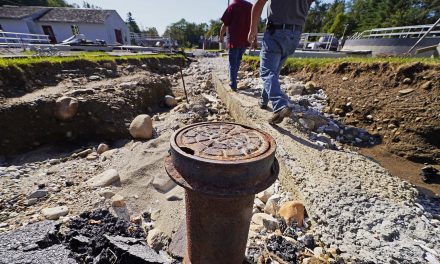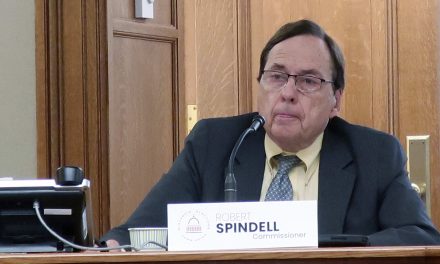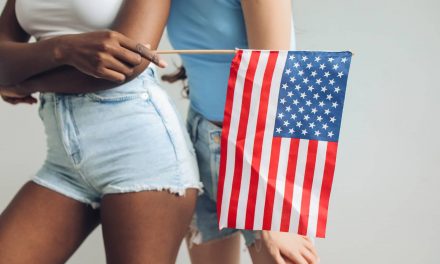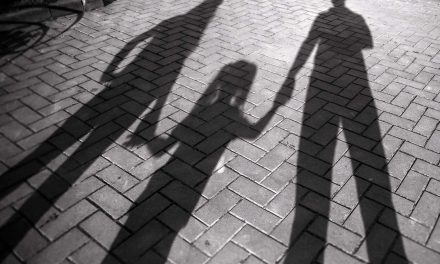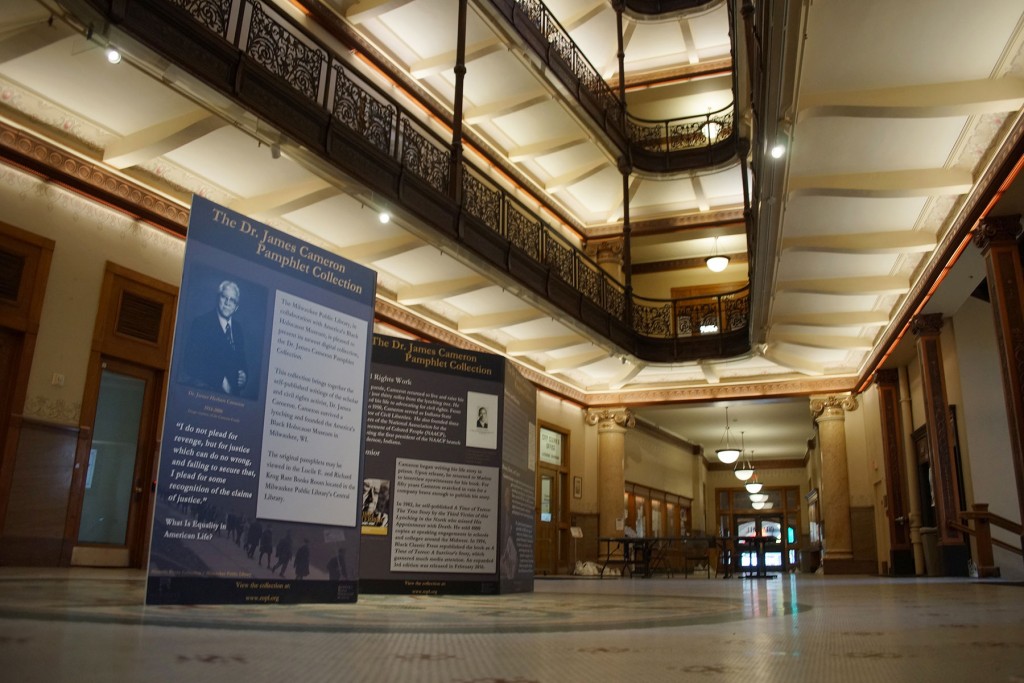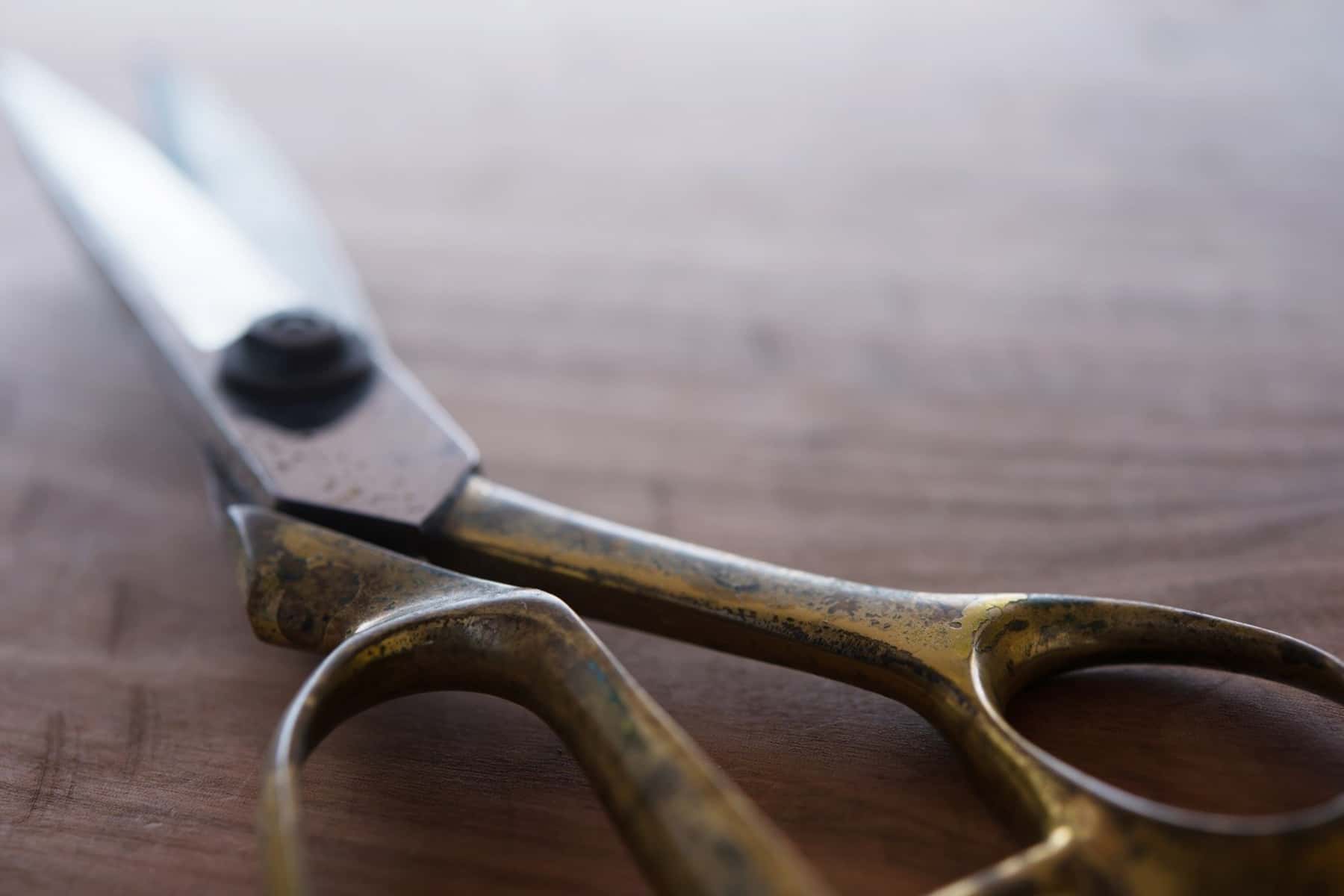
“If I cut you off, chances are you handed me the scissors.” – Social Media Meme
Our existence begins and ends with relationships. From a very young age we navigate the complexities of connection with our families, friends, associates, and ourselves. It can be understood that if our life was a book then only a few people would remain for a significant portion of that written journey.
As the new year approached, I found myself reflecting on this truth as people shared their New Year’s resolution to cut out the toxic people in their lives. This made me reflect on how we identify, “toxic,” which in turn made me reflect about what this says – not just about ourselves but both our personal and societal responsibilities, to continue in at least some dialogue across conflict and contention. Finally, it made me think about the person sharing the meme itself and the need for them to use their social media platform to express the need to cut these types of people out of their lives.
Over the years, both in the capacity of a clinician and beyond, I have had some really insightful conversations on the nature of toxic relationships and toxic stress. What those conversations have taught me is that when people ultimately recognize this overwhelming need to distance themselves from these types of stressors that it had been a long time coming. More often than not, there is some level of deep connective proximity, close intimacy, or shared intimate experiences with a person that evokes this powerful emotion to disconnect.
This only makes sense because it is usually those nearest and dearest that can illicit such a feeling that extreme avoidance becomes the solution. The brother, sister, friend, partner, employer, or the parent that continues to control you, reducing your psyche to that of a child when in proximity of them. The cases for cutting out these types of toxic people in your life were probably made long before the last proverbial straw broke the camel’s back prompting the social media post of; “In 2021, I will cut out the toxic people in my life.”
Coming back to our original point of, how do we identify toxicity? First, we must understand our own role in the vulnerability to as we have been conditioned to accept being in toxic relationships. Outside of being creatures who exist in relationships, we are also creatures of habit. Some of these habits are conscious, but many more are subconscious. Even more insidious and dangerous is that vulnerability exists on a spectrum of active and dormant, and depending on the who, what when where and why; we build walls only to open the door for the opportunity to love.
For example, when a person who was neglected by a parent in their youth grows up to engage in relationships of their own, the likelihood of existing in romantic relationships that mirror some level of neglect may be the norm rather than the exception. This happens because that early experience with a supposed caretaker can cement self-worth because early childhood is so subconsciously formative. Thus, forming an energy field of that tells the world that we may open the door for these types of people and relationships.
Of course, no one would ever openly admit that being devalued and taken for granted is okay with them but because this is so subconscious, they may not even know that they are doing this. That is, until their soul speaks up because it is fed up with the habit mind and the habit body for condoning our existence in these types of dynamics. Our soul naturally longs for freedom but can be held hostage by our minds and bodies.
Lately, with the heightened emotions around the last political election and the current state of divisive politics, the recent rationale provided by many to cut off toxic family and friends has centered around their political and ideological views. Within my world, as a progressive that leans left from center, this means that I’m usually listening to the someone complain about their Trump supporting family member or friend. That they have done all they could to reason with that person that they care so much about but the cult of Trumpism has so engulfed them that reason is no longer an option.
The only option that makes sense is to distance or never speak to that person ever again. I want to stop right here and let you know – as the reader – that I’m not saying that distancing yourself from toxic people or toxic family is not a good strategy, I’m only pointing out that this can’t be the only strategy. After all, toxic people are often great teachers of what we don’t want to become and secondly, we have a societal responsibility to reach those in our lives and help walk them away from the ledge, or in this case, walk away from the fringe.
In the case of this essay, however, I want to focus a bit on personal responsibility rather than our communal one. After all, I think when people post the need to detach from toxic people there is usually someone in their intimate circle that comes to mind rather than a group of politically driven people who just don’t seem to get it and are driven to destroy our democracy by their sheer ignorance.
For people who can imagine a toxic personal relationship, artistic absence is probably a much healthier approach in most situations than complete avoidance. This means to distance yourself from that person, and that pain long enough to commit to a journey to find yourself. This methodology empowers the person to constantly be reflective of their own capacity, and what that person and that pain means to them.
We call it artistic because the absence can often be difficult, messy, non-methodical, beautiful, and a strategic form of self-discovery that hopefully leads to freeing expression of our soul. In short artistic absence allows the soul to speak up. To tell us what it is that we need to be happy. While this process will be unique and different for all depending on all sorts of circumstances, the journey to find oneself is never really complete so artistic absence should be viewed as a layered process rather than a linear one.
This brings us back to the original point of the nature of relationships; that we all exist in a chapter book of our own making and with that understood, not many will share a significant portion of our book of life, besides ourself. The other significant point that I would like to make is that some people help us and some people keep us from finding ourself. Some of the people and relationships we deem toxic actually help us grow and some of those that we deem healthy keep us too comfortable. Pain can be both a great teacher and the great over-whelmer, but so can safety. Sometimes that most toxic person that we need reprieve from is ourself. In this case, forgiveness will be at the center of our artistic absence.
Life goes on in 2021 and so on, and relationships will be complicated and beautiful, challenging yet satisfying, both life-giving and consuming. These relationships will remind us of childhood trauma and challenges that we have overcome and some we may still be working through. I would simply ask you to always consider listening to your soul and how you feel. That little voice inside you that longs. Only you, by listening to the deep-down essence of your being can know what is best for you to be free. It is often assumed that we spend our existence with ourselves, but there are many who may have unintentionally quieted that voice.
Blessings on the new year and know that you are the ultimate artist in your life, and in your own book. I hope you have a colorful year.
“It’s so nice when toxic people stop talking to you. It’s like the trash took itself out.” – Social Media Meme

